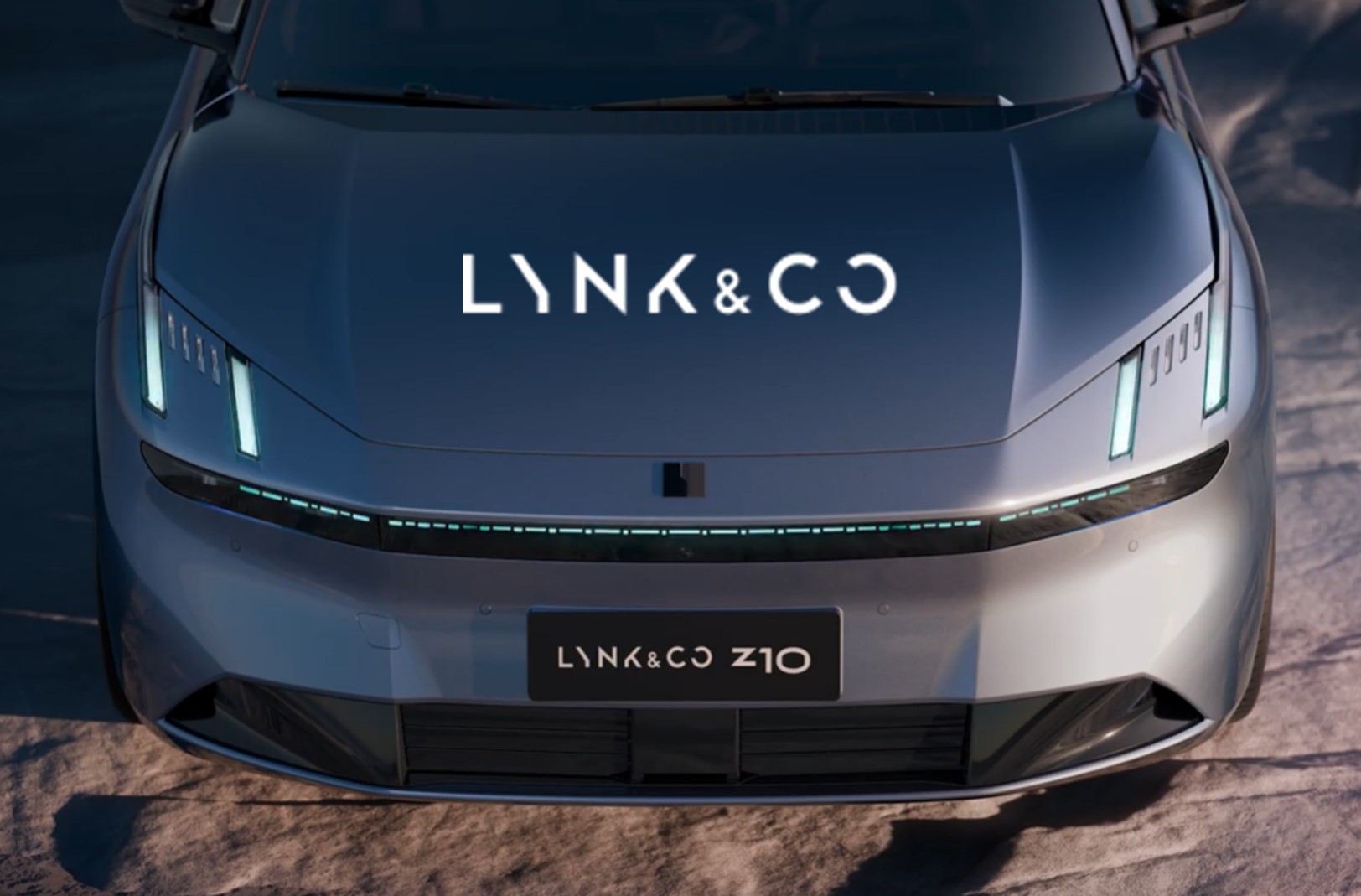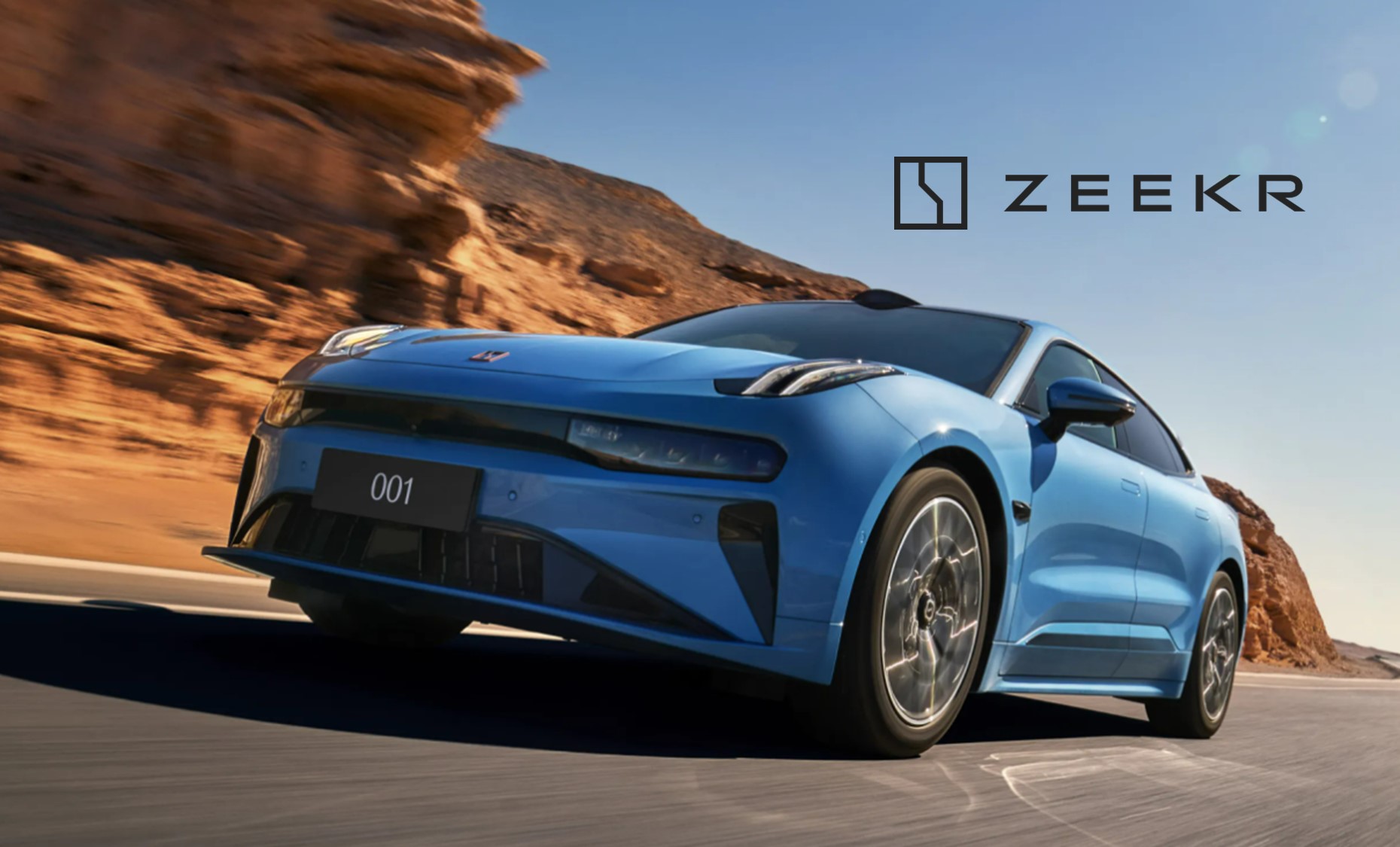On November 14th, Geely Holding Group announced that it will optimize the equity structure of its subsidiaries, Zeekr and Lynk & Co, to promote comprehensive strategic coordination between Zeekr and Lynk & Co. Through smooth equity relationships, less internal transactions, elimination of internal competition, Geely Group hopes to promote efficiency of internal resources via in-depth integration.
Specifically, Zeekr (NYSE: ZK) will acquire shares in Lynk & Co from Geely Holding Group and Volvo Cars. This includes acquiring 20% of Lynk & Co's shares from Geely Holding for a transaction price of 3.6 billion yuan; and acquiring 30% of Lynk & Co's shares from Volvo Cars for a transaction price of 5.4 billion yuan. In addition, Zeekr will also subscribe to the newly increased registered capital of Lynk & Co, amounting to 367 million yuan. The transaction is expected to be completed in the first quarter of next year. After all transactions are completed, Zeekr will hold 51% of Lynk & Co's shares, and the remaining 49% will continue to be held by Ningbo Geely, a wholly-owned subsidiary of Geely Auto. Volvo will completely exit the Lynk & Co brand.
Furthermore, Geely Holding also transferred 11.3% of its shares in Zeekr to Geely Auto (0175.HK). After the transaction is completed, Geely Auto's holding ratio in Zeekr will increase to about 62.8%.
At present, Zeekr has a total of 6 models on sale, which are divided into Z, C, and M product lines: the Z series focuses on high performance, including Zeekr 001, Zeekr 009, etc.; the C series focuses on the mainstream market with a price range of 200,000 yuan, such as the Zeekr 007 pure electric sedan; the M series emphasizes innovation and personalization, such as Zeekr MIX.
Zeekr's cumulative delivery volume of new vehicles in the first three quarters of 2024 was nearly 143,000 units, with more than 55,000 units delivered in the third quarter, a year-on-year increase of 51%, with an average transaction price per vehicle reaching 300,000 yuan, and the gross margin of the whole vehicle reaching 15.7%. In October alone of this year, Zeekr Auto delivered more than 25,000 units, a year-on-year increase of 92%, and a month-on-month increase of 17%, with nearly 170,000 units delivered from January to October, both delivery and whole vehicle revenue reaching historical highs.
However, Zeekr is still in a loss-making state. Zeekr's recently released financial report for the third quarter of 2024 shows that the total revenue for the first three quarters of 2024 was 18.36 billion yuan, a year-on-year increase of 31%, and a month-on-month decrease of 8.4%. Zeekr's net loss was 1.139 billion yuan, which narrowed by 21.7% year-on-year and 37% month-on-month.
Geely Holding has several independent and self-sustaining business groups, including Geely Auto, Volvo, and Zeekr etc. Among them, the Lynk & Co brand was launched in Germany in 2016 and was invested in by Volvo Cars with a 30% stake the following year. Zeekr was originally the battery electric vehicle division of Lynk & Co and became independent from Lynk & Co in 2021, established by Geely Auto and Geely Holding, and has received much support from the group and internal companies in terms of funds and technology.
Compared to Zeekr's pure electric genes, Lynk & Co has made a lot of technical investments in the era of fuel vehicles and currently focuses on three technical routes: ICE, PHEV and BEV. In October 2024, Lynk & Co's total sales volume was 31,074 units, a year-on-year increase of nearly 26%, and a month-on-month increase of over 20%. Among them, electric vehicle sales were 19,992 units, accounting for more than 64%. From January to October 2024, Lynk & Co's total sales volume was 226,677 units, a year-on-year increase of nearly 38%.
At the beginning of September this year, Lynk & Co launched its first BEV model, Z10, which, like Zeekr 001, is based on the large car platform under Geely's Smart SEA (Sustainable Experience Architecture). The price range of Z10 is between 196,800 and 288,800 yuan, Zeekr 007's price range is between 209,900 and 299,900 yuan, and Zeekr 001's price range is between 259,000 and 329,000 yuan. There is a certain internal competitive relationship between these models. By integrating the two car brands, internal competition will be reduced, and the overall competitiveness of the group will be enhanced.

After the brand integration of Zeekr and Lynk & Co, An Conghui will continue to serve as the CEO of Zeekr. However, Zeekr will maintain its direct sales mode, while Lynk & Co will maintain its dealer mode. The two brands will remain independent, with distinctions in vehicle size, power systems, price ranges, and brand positioning. Zeekr will cover the mainstream luxury market, while Lynk & Co is positioned as a high-end brand, focusing on the mid-to-high-end market. The number of models for both brands will be further reduced to reduce competition between the brands.
In addition, Zeekr will expand from pure electric (BEV) to hybrid (PHEV) routes but will not use Lynk & Co's hybrid technology. Instead, it will develop a separate hybrid technology suitable for large vehicles, which will be used in large SUVs and MPV models. Lynk & Co will continue to use Geely's EMP system and will develop the next generation of super hybrid technology in the future.
After the integration, the two brands will further increase resource sharing to reduce costs. In addition to the previous sharing in after-sales and supply chain to a certain extent, Zeekr and Lynk & Co will also share most of their operational and R&D resources. An Conghui believes that after the merger, R&D costs and optimization support department expenses can be reduced by about 10-20%. On the supply chain level, with the effect of scale coordination, the BOM cost of the whole vehicle is expected to be reduced by 5-8%.
In the global regional market, Lynk & Co and Zeekr will utilize the advantages of their respective brands in different regions for brand integration. For example, in Israel and Saudi Arabia, the Zeekr brand will be integrated into the Lynk & Co brand; while in the Mexican market where Lynk & Co has not entered, Lynk & Co models will be integrated into the Zeekr brand. As of the end of October 2024, Zeekr has entered more than 40 countries and regions, continuing to expand in the Middle East, Southeast Asia, Australia, Latin America, and Africa, and other global markets.
An Conghui predicts that after the merger with Lynk & Co this year, Zeekr will achieve a delivery volume of 500,000 units, with the future goal of becoming a high-end luxury new energy vehicle brand with a delivery volume of one million units as soon as possible.
An Conghui said in an interview: "This merger is a reorganization of both parties' businesses, which can help the new Zeekr cover more than 60% of China's passenger car market, greatly enhancing the growth space for the new Zeekr and reducing the risk of competition within the same group." He also promised to achieve a break-even under Hong Kong accounting standards this year and will then consider how to achieve profitability.







